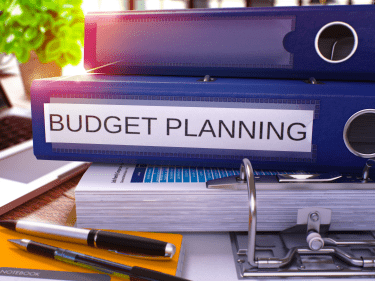How to Create a Budget That Works for You

How to Create a Budget That Works for You
Creating a budget that truly works for you isn’t just about numbers on a spreadsheet; it’s about shaping a financial plan that aligns with your lifestyle, goals, and priorities. In today’s fast-paced world, personal budgeting is more crucial than ever. Whether you’re saving for a dream vacation, paying off debt, or building an emergency fund, a well-structured budget can be a game-changer. Effective financial planning doesn’t follow a one-size-fits-all approach. It involves understanding your income, expenses, and financial goals. By learning how to manage your home finances efficiently, you set yourself up for long-term success and stability. This comprehensive guide will walk you through the steps to create a budget tailored to your unique needs.
Understanding Your Financial Situation
Before diving into creating a budget, take a moment to assess your current financial situation. Knowing where you stand financially is the foundation of successful personal budgeting.
Track Your Income
Start by listing all sources of income, including your salary, freelance work, side gigs, and any other streams. Note the frequency and amount of each source. Understanding your total monthly income is crucial for effective financial planning.
List Your Expenses
Next, compile a detailed list of your monthly expenses.
Top Budgeting Tips for Homeowners

Top Budgeting Tips for Homeowners
Managing a household budget can be challenging, especially for homeowners who have to juggle mortgage payments, maintenance costs, utility bills, and other expenses. Effective financial planning is essential to ensure that you can cover all your expenses without falling into debt. Here are some top budgeting tips tailored specifically for homeowners to help you navigate the complexities of household finances.
Create a Comprehensive Budget Plan
The first step in effective financial planning is creating a comprehensive budget plan. This involves listing all your income sources and expenses to get a clear picture of your financial situation. Start by categorizing your expenses into fixed and variable costs.
Fixed Costs
- Mortgage Payments: Include principal and interest payments.
- Property Taxes: Estimate based on your local tax rate.
- Homeowners Insurance: Essential for protecting your home against risks.
Variable Costs
- Utilities: Electricity, water, gas, and internet bills.
- Groceries: Weekly or monthly food expenses.
- Transportation: Fuel, public transport, and vehicle maintenance.
Miscellaneous Costs
- Maintenance and Repairs: Allocate funds for routine maintenance and unexpected repairs.
- Home Improvements: Budget for any upgrades or renovations.
By organizing your expenses, you can identify areas where you can cut back and allocate funds more effectively.
